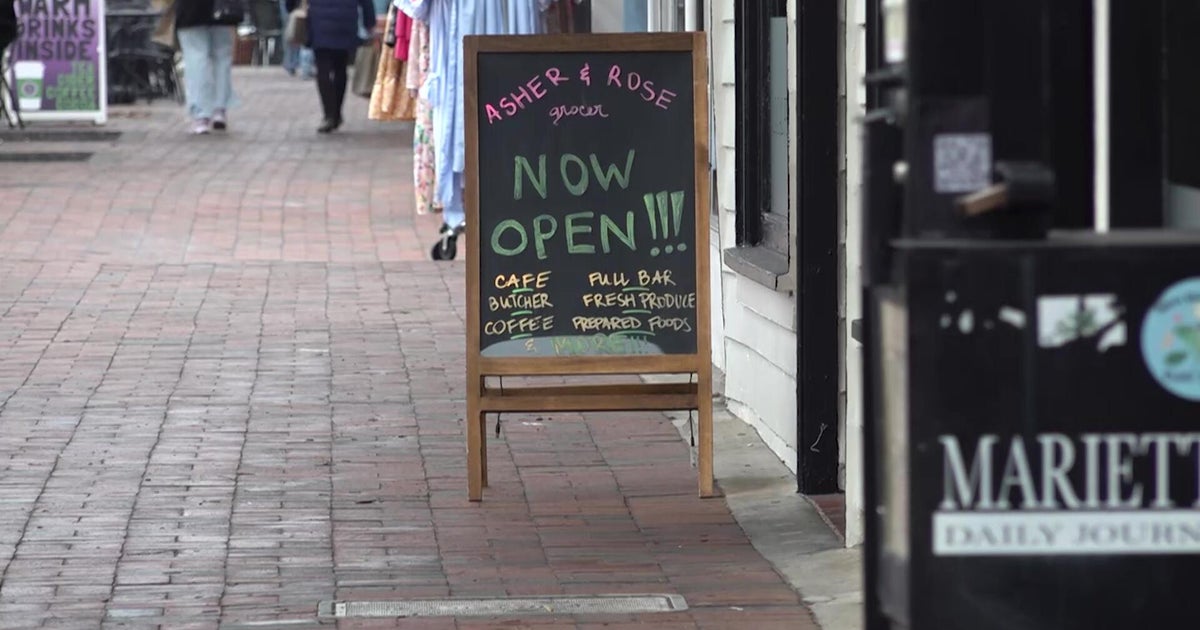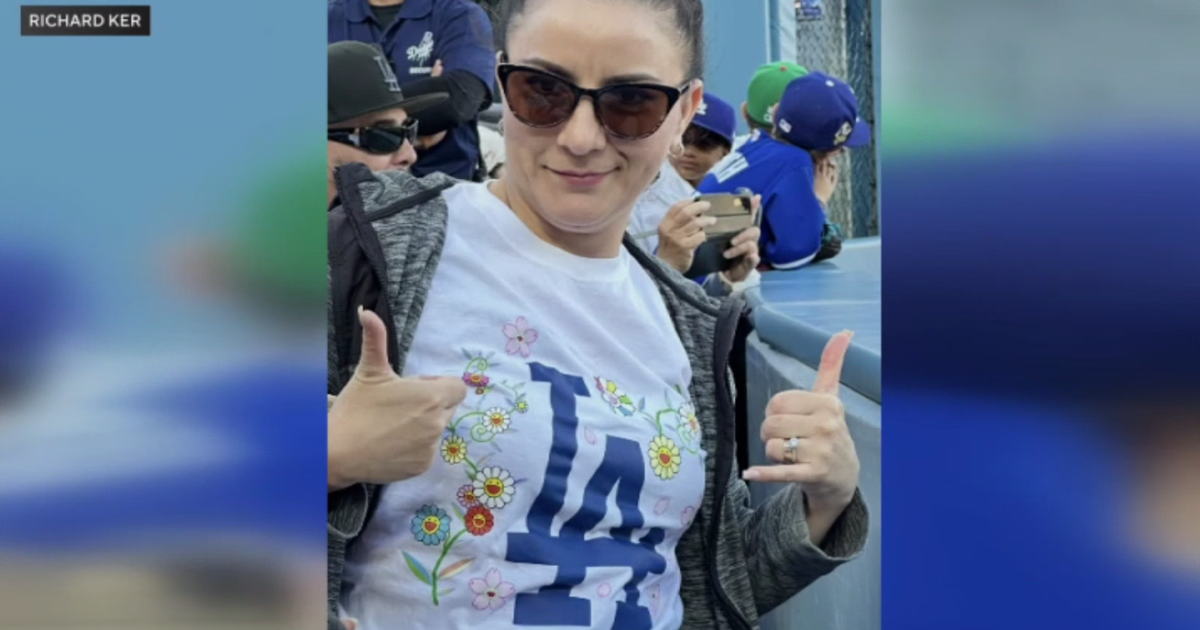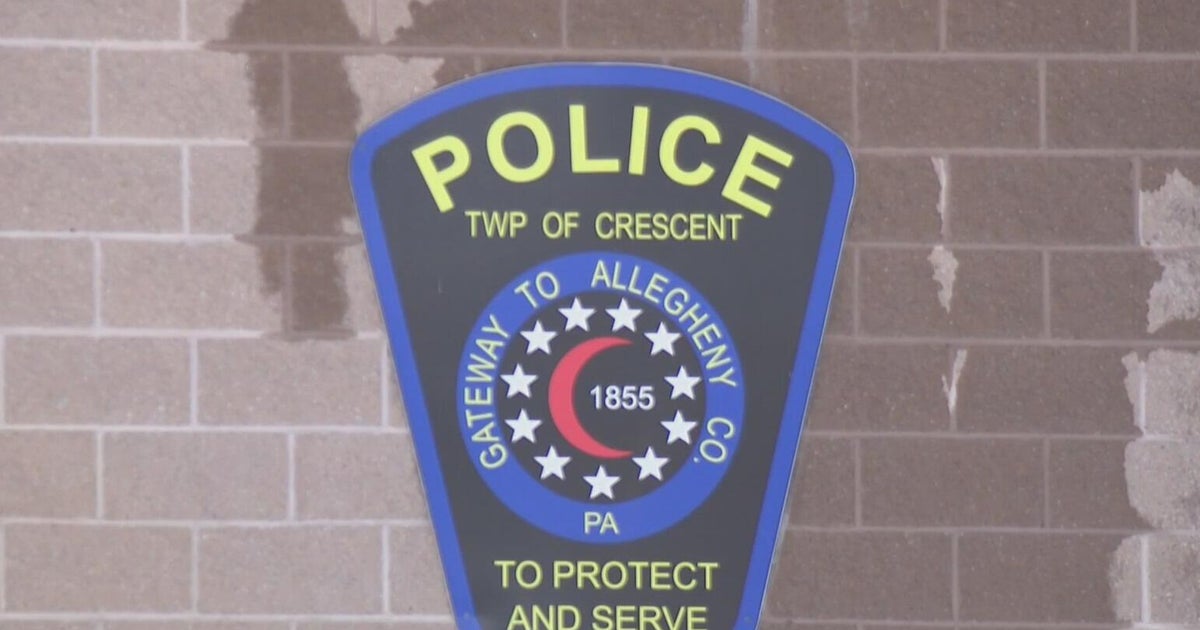Demand Grows For Organic Cocktails
BOSTON (CBS) - Organic produce and organic meat have been available for long time, and now organic liquor is an option.
At Legal Harborside on the Waterfront, the Cucumber Cooler is an appealing drink on a summer evening. But it's also popular because it's made with organic vodka.
Their homemade sangria gets its punch from fruity organic liquor.
Over at Davio's in the Back Bay, they mix up a Guilty Conscience with organic gin.
Davio's owner Steve Difillippo believes this concept could really take off. "For years, we have become more and more organic in our food. All of our steaks are organic. All of our produce is organic. Most of the wines are organic. So it's kind of the next trend for cocktails to be organic."
Producers of organic liquor have to meet federal standards to put a certification label on their bottles.
The liquor must contain at least 95% organically produced ingredients.
It must be processed using organically produced processing aids.
Finally, certain sulfites cannot be used.
Last year, the Organic Trade Association found sales of organic liquor totaled $8 million. That represented an increase of 8% from the previous year.
Kara Kukell, Assistant Director for Bar Operations at Legal Seafood, agrees sales are strong. "There are some people that look specifically for organic products. There are other people that look for a flavor profile and taste, and it's just an added bonus that it's organic."
Drinkers also seem to like the idea of organic cocktails. "Anything organic is great for the environment and the health of all of us humans," said one man.
The biggest benefit might be on farms, where pesticide use with be reduced.
Boston University professor of nutrition Joan Salge Blake doesn't see any positives for drinkers, however. "Unfortunately, the word organic prior to the word alcohol can be misleading."
Costs of organic cocktails vary. While some are about the same, others can be pricier.







